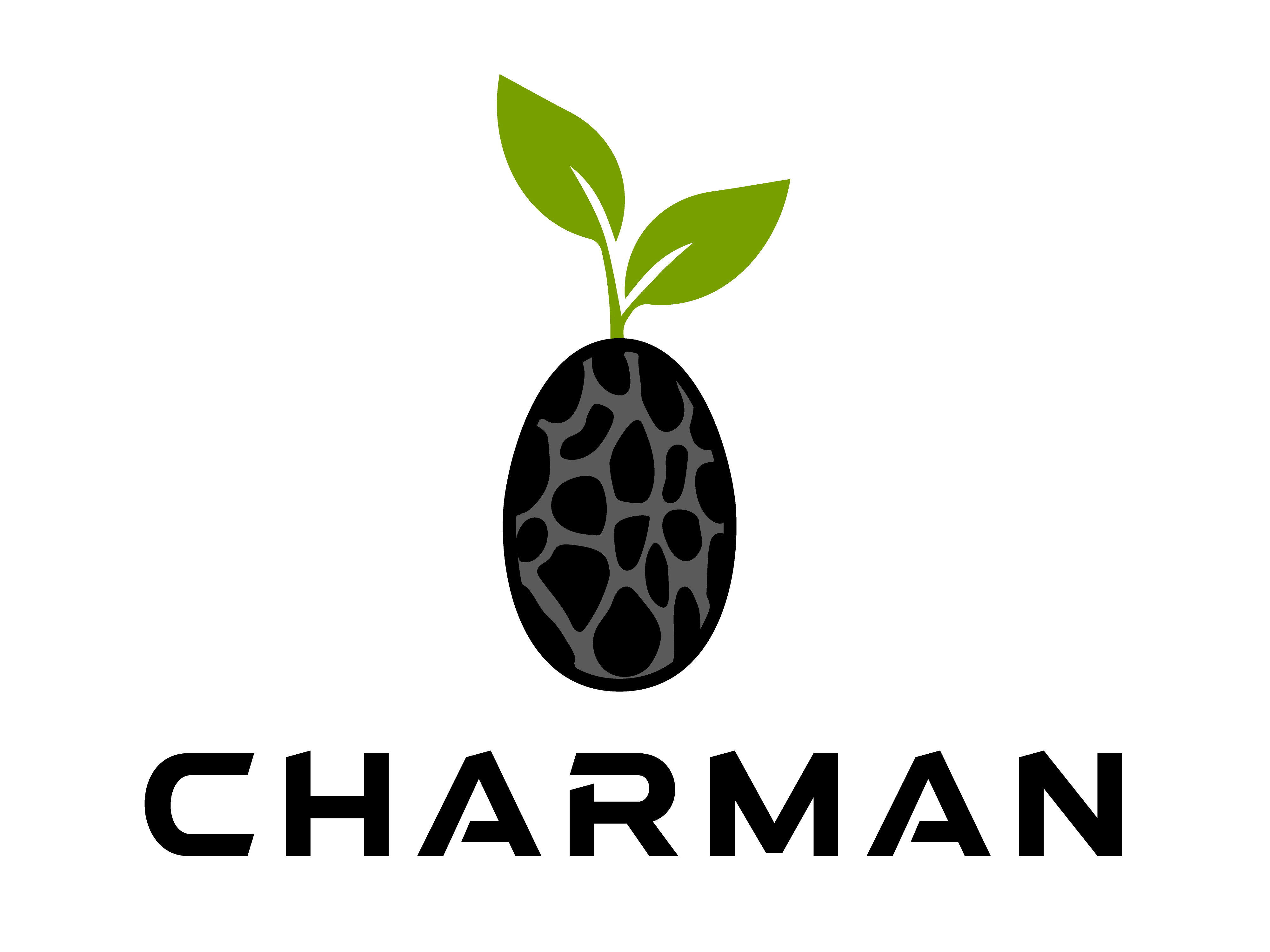Active Biochar Frequently Asked Questions
The greatest benefits will be seen in potted plants, sandy soils, heavy clay soils and soils with unhealthy microbial populations and just plain old “tired” or “worn out” soils.
A tired soil is one that may have lost structure is often compacted. It will have a low organic carbon content (less than 2%) and be devoid of worms or healthy microbes. Tired or worn out soils either repel water or let water run straight through. Tired soils are often (but not always) light in colour. For those gardeners tuned in to look, feel and smell, tired soils usually don’t feel or smell like a good soil. Tired soils lead to tired plants – ready to catch the first disease that comes their way.
Just fertilising a tired soil is usually not enough to make any lasting impression… in fact often it just makes things worse by putting to death the last remaining microbes. Tired soils need organic matter and healthy microbial populations to make them vigorous again. Composts are traditionally used for this purpose… but it is not so easy to apply composts to things like pot plants… and composts take considerable time to restore soils. Many immature “composts” even repel water and deplete the soil of nitrogen until they have broken down enough. Fish emulsions are also used… however these provide only a very small amount of organic matter… and for indoor plants… well… they stink.
Most applications will tolerate significant over application of Active Biochar at more than 20% by volume. However, over application in pots, potting mixes and with dry climate plants can lead to excessive water retention and effects similar to over-watering.
Active Biochar is not a fertiliser, so you should continue to apply nutrients, such as through mature compost, as per usual, at least initially. You should find that over time less nutrients will be required by your plants: firstly because nutrients will be better retained in soils that have been improved by the addition of our product and secondly because the action of a healthy microbial population will increase the ease with which your plants can source nutrients.
We recommend that you do not use fungal or other chemical treatments in conjunction with Active Biochar, because the Active microbes will be harmed and the biochar will absorb many soil treatments, rendering them less effective.
Active Biochar is primarily made from raw ‘naked’ biochar produced by Charman using a pyrolysis process sourced only from Australian grown and sustainably biomass. Charman audits suppliers to ensure that production is conducted in ethical and traceable manner.
The raw biochar in Charman products is produced from one or more forms of biomass which are blended to yield a carbon content, porosity and mineral content needed to promote a healthy soil.
Charman activates biochar by mixing the naked biochar with a quality controlled proven Charman formulation utilising:
- Locally sourced organic bovine/poultry manure composts that are blended into an aerobic manure tea containing nutrients, minerals and healthy microbes
- Australian sourced microbial inoculants that has been scientifically proven to benefit both Mycorrhizal associated and non-Mycorrhizal associated plants.
Charman/Charman does not import any raw materials from overseas as these commonly come from unsustainable sources and can be produced in a very polluting, unethical and harmful manner.
Active Biochar is not a fertiliser, so the nutrient levels do not differ greatly from those found in a healthy soil. This means that phosphate sensitive plants such as Australian natives should not be adversely impacted by the use of Active Biochar.
Fixed carbon is the portion of organic matter that is mineralised to a porous carbon rich structure during the biochar pyrolysis manufacturing process. Fixed carbon is very resistant to decomposition, yet provides the pores and surfaces necessary for benefits of biochar to be achieved. Unlike most carbonaceous matter in soil or composts, fixed carbon can last for decades, even thousands of years. This means the benefits to your soil will accumulate with time, while you are locking in carbon that would otherwise end up in the atmosphere as CO2. Every gram of biochar you use avoids the release of approximately 2 grams of CO2.
Biochar is made from plant matter which contains nutrients and minerals taken up from the soil. Much of the nutrient and mineral content in the original plant matter is retained in the biochar, making it available for your plants. Charman, using a Charman formulation, also adds naturally sourced organic nutrients and minerals, to ensure that the microbes introduced into the char during preparation are kept fed and ready for action in your soil.
A regenerative farming technique – improving dairy milk production, soil , dairy herd & cattle and farm pasture health.
